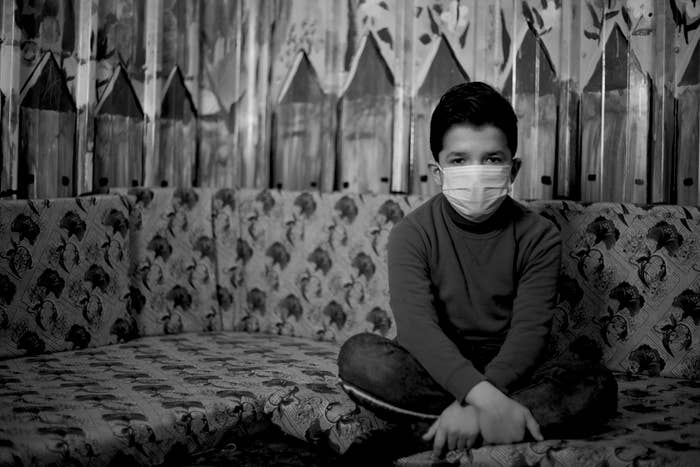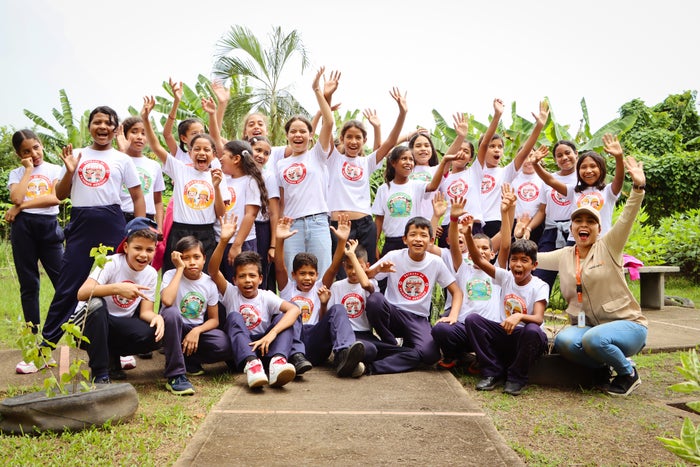‘Give us our childhood back’ is Hamzeh’s signature song.
At age 10, Hamzeh’s father introduced him to this song and his passion for touching people through music & song was found. Learning the song in three languages, the message allows him to express his fears, disappointments, ache and still, his beliefs for a hopeful future.
Singing is a way for him to cope with the extremely difficult reality he and millions of other Syrian refugees face daily. “It is art”, he says. “We as children can express ourselves through it – express what’s inside.”
Hamzeh, now 13 years old has much to express. He has lived in Jordan at the Azraq camp for displaced persons for 9 years now. His family of four had to escape from Damascus in 2012. Like many children who fled the Syrian conflict, bombs, raids, destruction and fear are some of his earliest childhood memories.
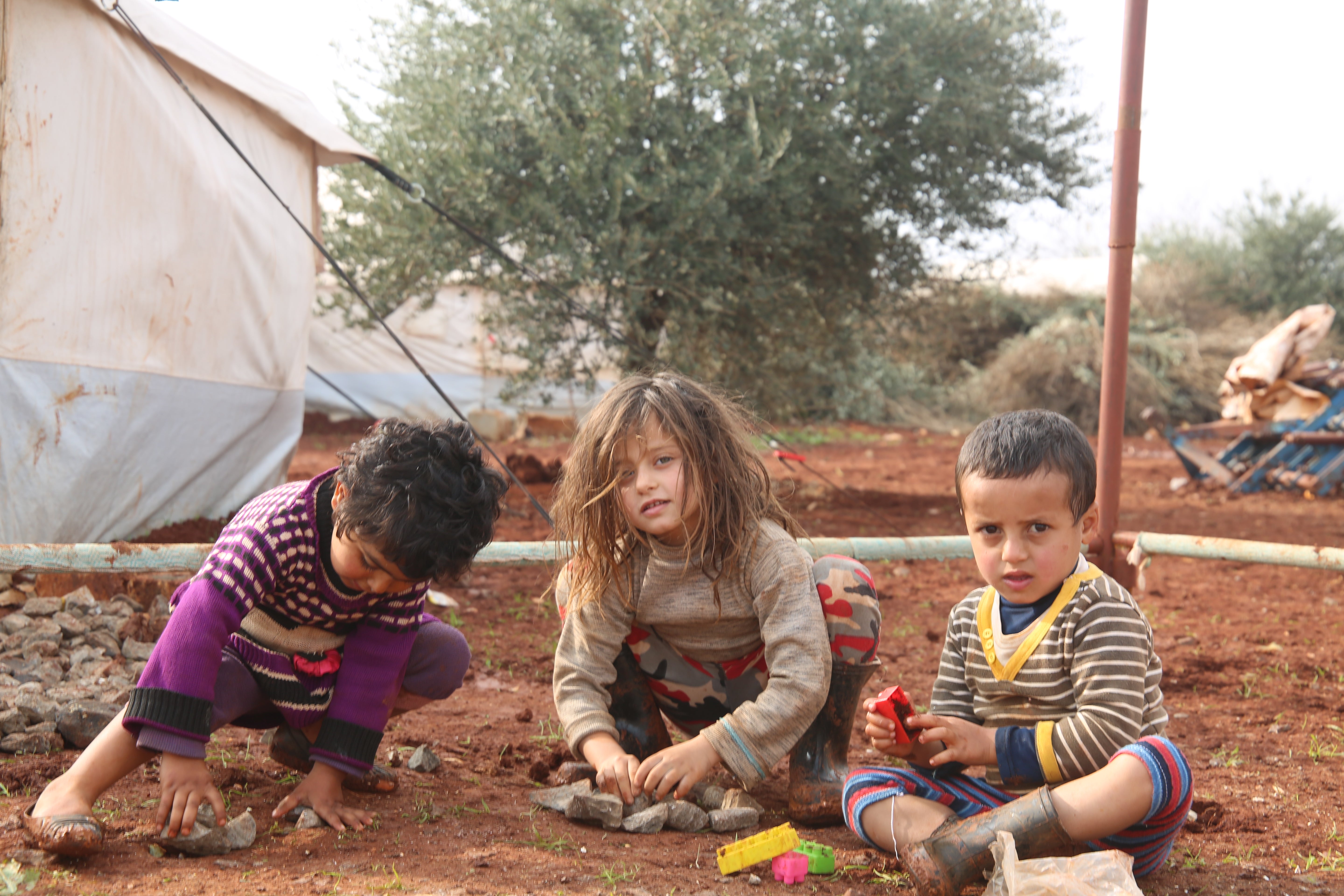
4.8 million Syrian children have been born since the war started ten years ago. All they have ever known is war.
In refugee camps all over the world, World Vision prioritises psycho-social support for children through Child-Friendly Spaces (CFS). CFS facilitate activities to assist children, teaching them how to cope with the effects of war, displacement and ongoing instability. They also are designed to help children be children, enjoying the simple joys of childhood, like, art, games, learning and music.
Hamzeh’s musical talent was identified by some World Vision staff when he was enrolled in the camp kindergarten. Beyond music classes he went on to learn to play the piano. He loved being apart of the programme and now as a teenager wants to give back by teaching other children to enjoy music the same way he does, from singing to playing instruments.
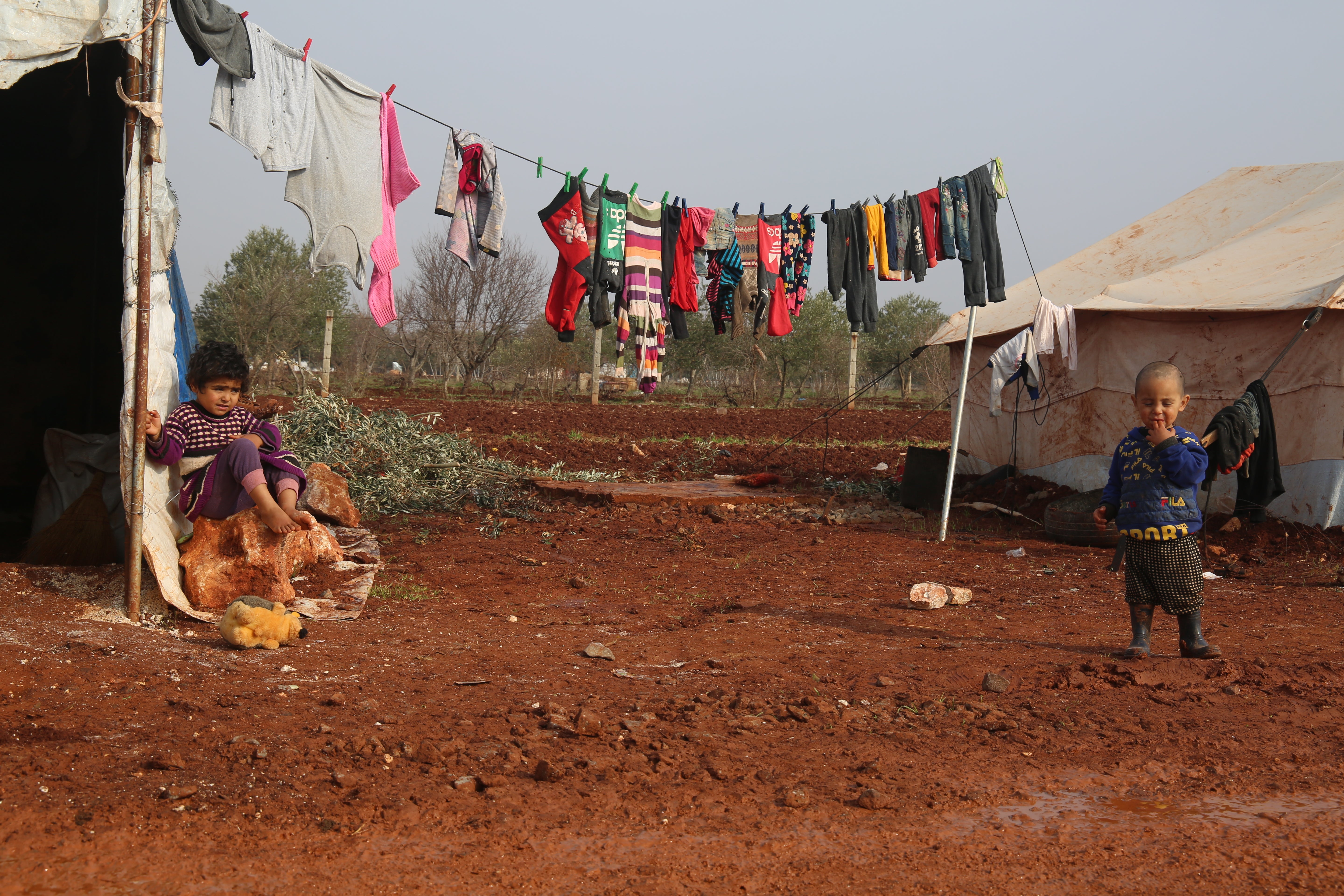
2.5 million Syrian refugee children are traumatised by the effects of war on their lives. 80.9% of the child refugees World Vision spoke to, do not think they will be able to return to Syria within the next 2 years.
Despite living in the refugee camp for 9 years, World Vision and other aid agency staff have ensured Hamzeh has a stage and his gift for singing is used through community and camp events. “In the beginning, I got a little tense and shy in front of an audience, keeping my head down”, he remembers.
But discovering that he could touch his audience by conveying his own happy or sad emotions through his songs helped boost his confidence. And after his concerts, he explains the meaning of his songs to his listeners and teaches them some words of the language. Sharing his skills with other kids makes him feel useful, something that matters a great deal to him.
Through all of the loss Hamzeh has experienced he now must survive without his father. In order to support his family, he currently works in Malaysia as a doctor. “I wish we could visit my father because we miss him,” the teenager says.
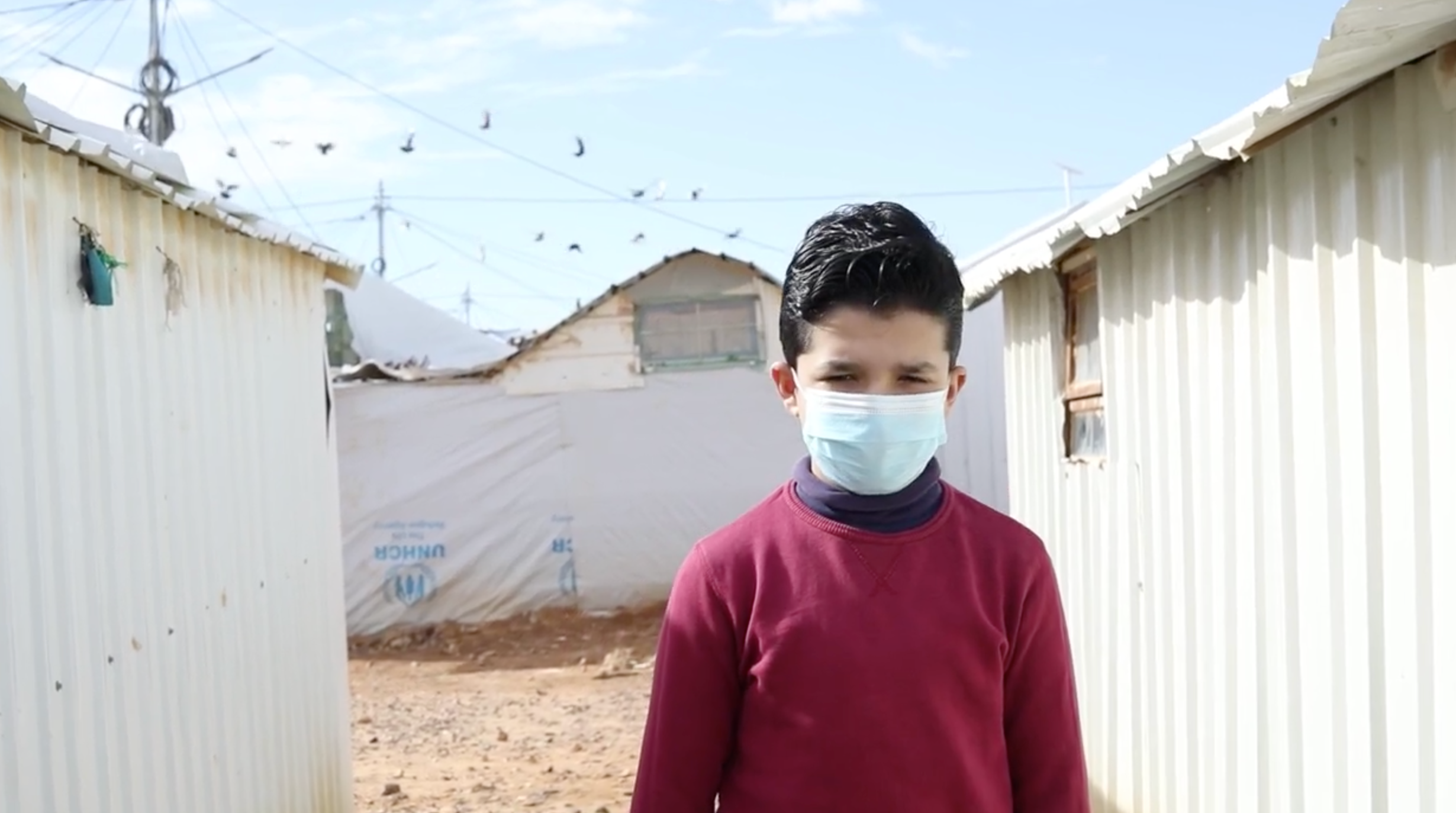
Azraq Refugee Camp, Jordan. The camp, which was opened in April 2014, currently hosts over 36,000 Syrian refugees
As much as music and singing inspires him to help others, he too wishes to help others by one day becoming a doctor, like his father. “I want to achieve my dream and become a doctor. I want to treat people – I love this profession.”
Whether it’s singing or medicine, Hamzeh’s voice is resilient, he is defiant in the face of conflict and injustice stating...
“I would want Syria to go back to how it used to be before the war. My message to Syrians is: don’t lose hope. Syria will return to the way it was – and even better.”
